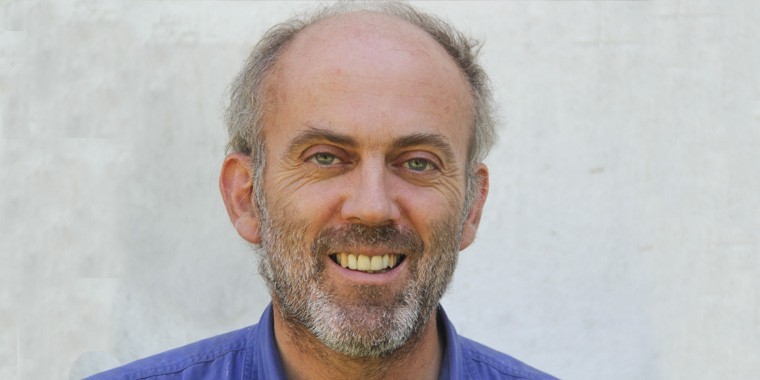A group of farmers gathered around my kitchen table to bare our teeth and snarl our farming worries and concerns at Ms Ansell like so many cornered foxes and badgers. This turned out to be quite appropriate because the hot topics in Ms Ansell’s email inbox, by a clear margin over any others, are complaints about the potential legalisation of fox hunting and the government’s extension of the badger cull – despite the fact that her constituency is almost entirely made up of 70,000 urban voters (with probably less than a dozen farmers).
Ms Ansell told us she had voted for Brexit “with a heavy heart” because the European Union “did not show enough will to reform itself” and now she had come to hear how we farmers thought that might play out for farming. A sheep farmer, barking like an angry dog fox, alarmed her by pointing out that nearly 40% of British lamb is currently exported to the EU so “what was going to happen if there was no trade deal by the time we left?” We all shivered at his scary howl that it was almost certain that UK lamb exports to the EU would end up paying a heavy export tariff because there was little likelihood that the complex trade deals relating to Brexit could be concluded in time.
At this point I decided to roll out my famous impersonation of a wise old badger. I couldn’t help growling a little when I reminded her that, in the run up to the Brexit referendum, DEFRA secretary Andrea Leadsom has declared that all farm subsidies must be scrapped. But I managed to calm myself down a little as I lectured her gravely on the long historic proven need for subsidy if UK agriculture is to thrive.
My attempt at a dignified and sage presentation was undermined, however, by some garrulous (younger farmer) badger cubs who told Ms Ansell that, far from needing subsidies, they were delighted to put all that “form filling” and “subsidy claiming” behind them. All they wanted was “access to world markets.”
Who could blame Ms Ansell for looking a bit confused at this point? I snapped that “no one in this room can remember what farming was like without subsidies” and related to her stories about how there had been large scale abandonment of farms in East Sussex the last time free trade in food had been attempted in the 1930s.
She nodded politely at my dire predictions for the future if farm subsidies are to be abolished after 2020, but I could tell that the moment had been lost. It is obviously music to any Conservative politician’s ears to hear from farmers that government intervention to prevent free trade in food is not necessary. So I’m sure that the message she took away from the meeting was clear: “Time to cull the grumpy old badger and give the cubs their chance.”




